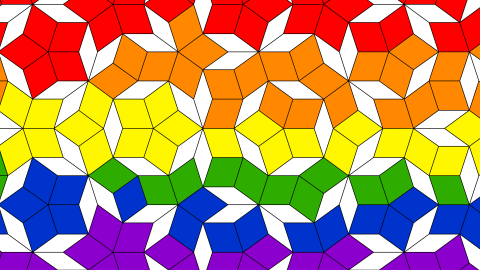Partial Differential Equations
Partial Differential Equations
Modular representations theory: from finite groups to linear algebraic groups
Abstract
Beginning with the foundational work of Daniel Quillen, an understanding of aspects of the cohomology of finite groups evolved into a study of representations of finite groups using geometric methods of support theory. Over decades, this approach expanded to the study of representations of a vast array of finite dimensional Hopf algebras. I will discuss how related geometric and categorical techniques can be applied to linear algebra groups.
17:00
Likely Intersections
Abstract
The Zilber-Pink conjecture predicts that if V is a proper subvariety of an arithmetic variety S (e.g. abelian variety, Shimura variety, others) not contained in a proper special subvariety of V, then the “unlikely intersections” of V with the proper special subvarieties of S are not Zariski dense in V. In this talk I will present a strong counterpart to the Zilber-Pink conjecture, namely that under some natural conditions, likely intersections are in fact Euclidean dense in V. This is joint work with Tom Scanlon.
17:00
Cancelled: An effective mixed André-Oort result
Abstract
Habegger showed that a subvariety of a fibre power of the Legendre family of elliptic curves is special if and only if it contains a Zariski-dense set of special points. I'll discuss joint work with Gal Binyamini, Harry Schmidt, and Margaret Thomas in which we use pfaffian methods to obtain an effective uniform version of Manin-Mumford for products of CM elliptic curves. Using this we then prove an effective version of Habegger's result.


